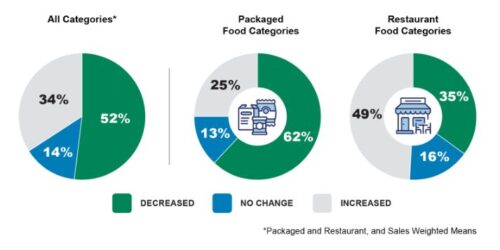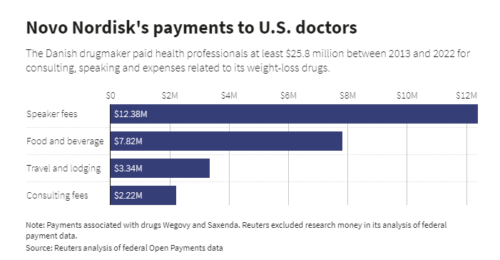I attended a meeting at Cornell last week at which FDA Commissioner Robert Califf answered questions from faculty and staff.
He started out by remarking on the poor health status of Americans, despite our spending twice as much on health as any other country. He noted the disparities in health status, particularly singling out the declining health of rural Americans.
In answer to questions from panel members and, later, from the audience, he said (my notes and paraphrase, unless in quotes):
- We have real health problems on the ground right now.
- The big issue is chronic disease, on which we are “doing terribly.”
- We have to deal with the marketing of ultra-processed foods designed to make you hungry for more.
- On tradeoffs in trying to discourage ultra-processed foods: This isn’t like drugs with clear risk/benefit calculations. Food research has big confidence intervals and less rigorous estimates. The FDA has lots of bosses. The executive branch and Congress can overrule anything it does.
- One Health (the movement to treat human and animal health issues as parts of a whole) is essential to the future of humanity.
- Climate change has moved pathogens into areas where they didn’t used to be.
- Action on animal antibiotics stagnated as a result of the pandemic: “We are all sinners in this regard.”
- We need a global strategy; infectious diseases do not respect borders.
- ”There is a lot of rhetoric about food safety, but the systems do not come together as they should.
- There is too much financial influence on policy. “Policy is everyone’s job.”
- A lot of people are making a lot of money on our food and health systems, but it’s not spent on the right things.
- On the Supreme Court’s overturn of Chevron: the FDA cannot extend its rulings beyond what Congress intended. It will slow things down.
- “We should reserve most of our energy to do our jobs well.”
- Courage is important: we must have courage to do things differently.
Comment
I was impressed by his knowledge, thoughtfulness, and concern about public health issues, especially those around food, as well as his understanding of the current political barriers against using expertise and regulation to improve food systems and public health.
He used the occasion to encourage students to consider careers in the FDA and noted the remarkably low turnover of permanent staff.
Jerry Mande sent me a link to a report of remarks the Commisioner made in December: America has a life expectancy crisis. But it’s not a political priority (Washington Post), and also to Helena Bottemiller Evich’s report, FDA Commissioner says ultra-processed foods drive addictive behavior.
So the Commissioner is giving serious thought to these issues. So are others: see Announcement below.
The big question: who at FDA will take the lead on all this?
The FDA has just undergone a major reorganization.
As of October 1, the Human Foods Program looks like this.
The big question: who will head the new Nutrition Center of Excellence?
My big hope: Califf will appoint someone to that position who shares his committment to reducing diet-associated chronic disease. Fingers crossed.
Announcement
Senator Bernie Sanders (I-Vt.), announced that his Committee on Health, Education, Labor, and Pensions (HELP) will hold a hearing on the urgent need for the FDA to “adequately protect Americans – especially children – from unhealthy foods that are pushed on consumers by the food and beverage industry.” Here is his invitation letter to Commissioner Califf and Deputy Commissioner Jim Jones, who heads the FDA’s Human Foods Program.
When: 10:00 a.m. ET, Thursday, December 5, 2024
Where: Room 562 Dirksen Senate Office Building. The hearing will also be livestreamed on the HELP Committee’s website and Sanders’ socials.



